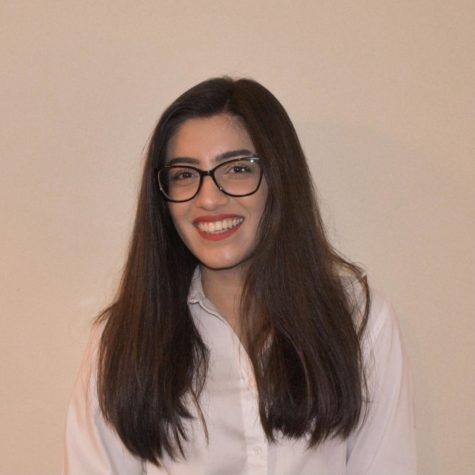CUNY decides to move away from online proctoring for Fall 2020
October 29, 2020
CUNY announced that “the University will not proceed with the implementation of ProctorTrack as previously announced” the company suffered a “recent security incident” and will instead look into using other proctoring alternatives that do not use students’ cameras.
The company voluntarily suspended its service “following a comprehensive audit by an independent cybersecurity provider,” according to the company’s website. The independent audit concluded that no customer data personally identifiable information was not compromised. The company has since resumed its services.
“I will be speaking individually and/or convening the provosts of the six campuses that to date had informed the Central Office of their interest in having proctoring licenses,” Executive Vice Chancellor and University Provost Jose Luiz Crus said.
He stressed that the university would continue to look at alternate methods, including papers, presentations, take-home exams and some in-person exams.
According to Baruch’s Associate Provost Dennis Slavin, this decision does not indicate that all proctoring is banned. He emphasized that while requiring students to use web cameras is still prohibited, using web cameras to assist in proctoring services is allowed.
However, students must be “given alternative accommodations if they choose to not use their web cameras,” Slavin clarified.
While the university is still looking to find other proctoring services that fit their needs, some Baruch professors have already begun using “lockdown” platforms.
Platforms like Proctorio have been used to prevent students from accessing other software like Google and Chegg on their computer during exam timings.
Slavin added that several of his Baruch colleagues have provided suggestions to assist faculty and students during this time.
Included in this blog are key points that would assist professors in a more holistic approach to maintaining academic honesty within their students.
Slavin admitted that these are imperfect solutions to prevent academic dishonesty, but maintains that the university will continue to work hard to find an adequate solution to this problem.
This comes after the University Student Senate started a petition to protect student privacy as CUNY colleges begin to implement proctoring systems.
The petition, which has over 28,000 signatures, is meant to “find a sustainable proctoring solution,” according to a statement published by the USS. The petition’s goal is 35,000 signatures.
Kesi Gordon, USS vice chair for Technology Fee Affairs, has been working alongside the Remote Proctoring Taskforce to ensure students’ privacy is not being compromised.
“While on the committee, I made it apparent that student privacy should be the main concern when selecting a proctoring tool. The circumstances that we are facing is not ideal and switching to distant learning was not a choice, thus remote proctoring should not be heavily enforced on to students,” Gordon wrote.
In the statement released by USS, they demanded that whichever tool chosen by the university will not cost students an additional fee, that the university offer “on-line proctoring solutions that align with the technology used” by CUNY students. The statement also says that proctoring should not be used as a default method of assessment and that the university chooses the least intrusive of such proctoring programs. The vendor of any proctoring program should also offer training on how to use the program and that course descriptions on CUNYFirst reflect any use of proctoring software for each class.
Baruch’s USS senators spoke to The Ticker about the usage of proctoring software.
Although the USS hasn’t yet gotten a chance to discuss and vote on the issue, Baruch USS senator Joel De La Cruz reassured students that their needs were being addressed.
“We are aware of the issue, and are currently looking to work on finding solutions,” De La Cruz said.
Baruch’s senate alternates echoed Cruz’s sentiments.
“Students should not have to sacrifice their privacy for an exam, nor should students with disabilities be singled out for an inability to focus on the screen for the duration of an exam,” Yehuda Wexler, a Baruch alternate, added.








